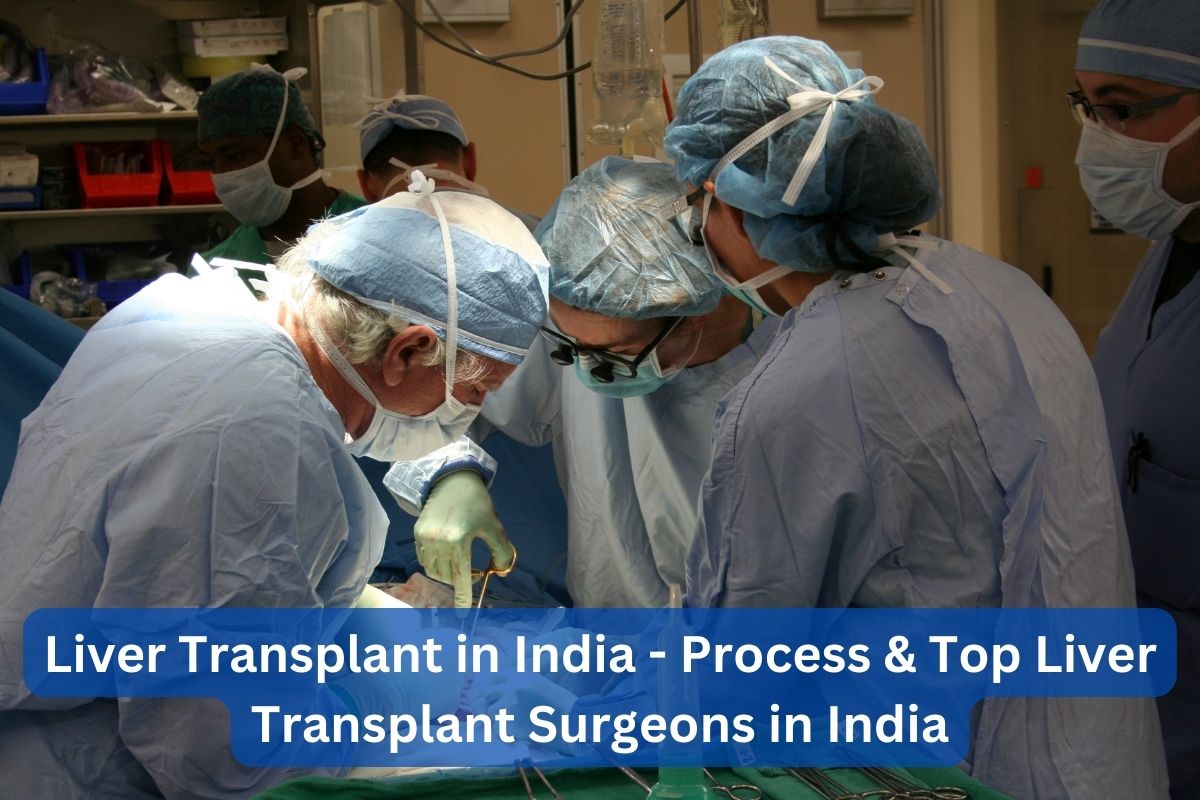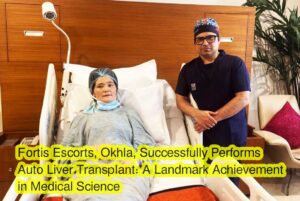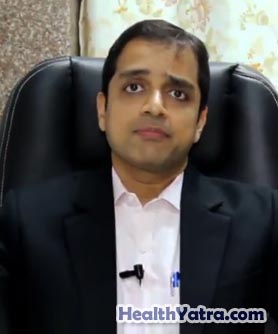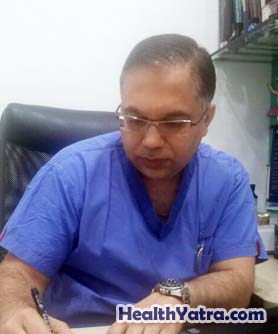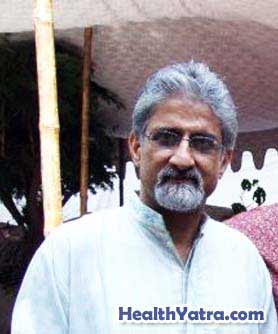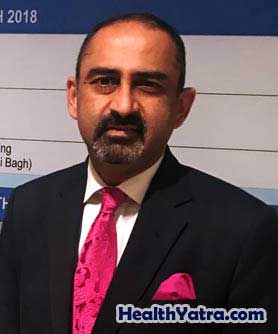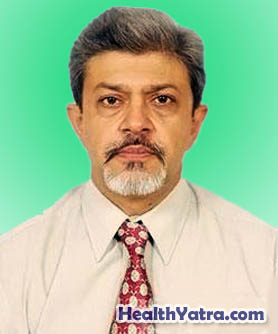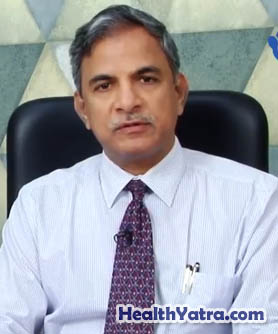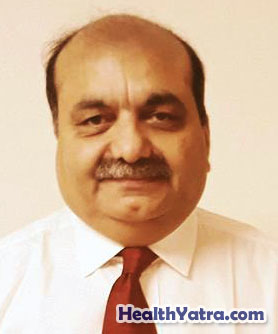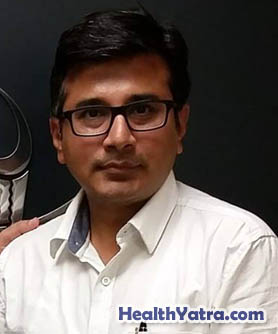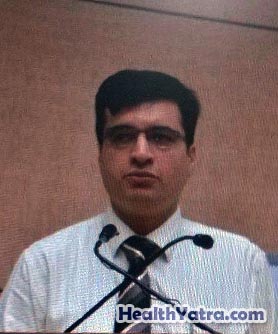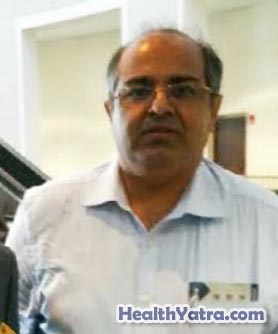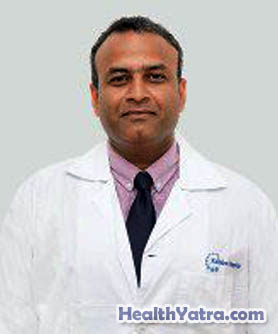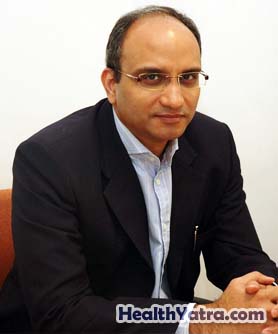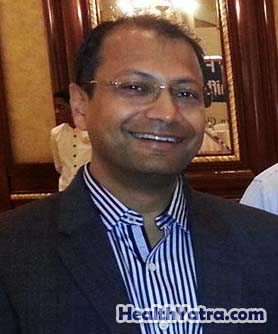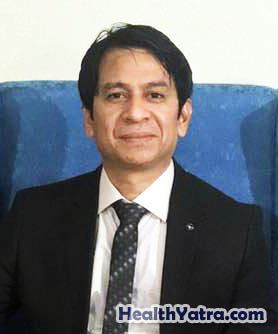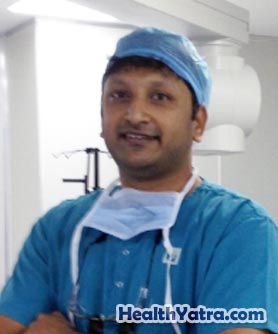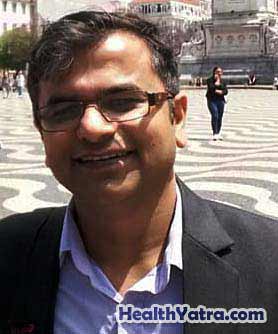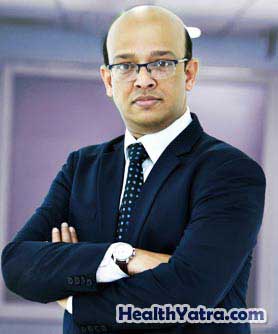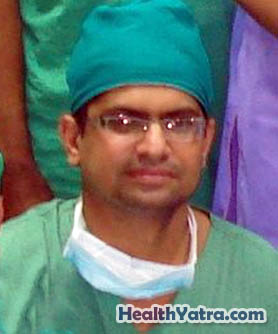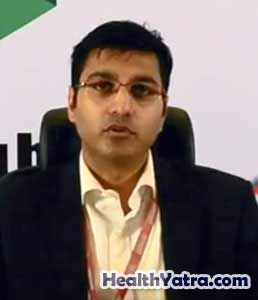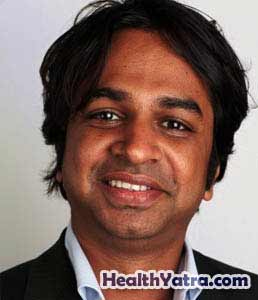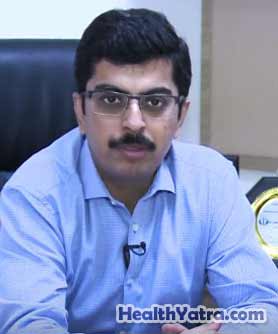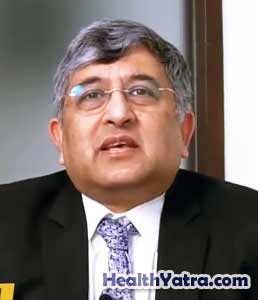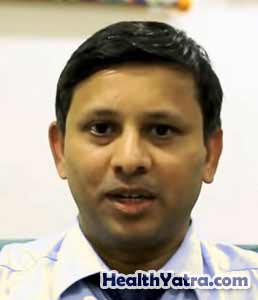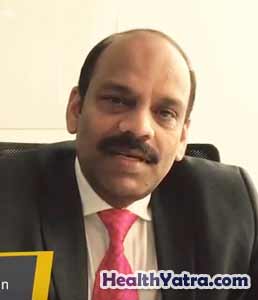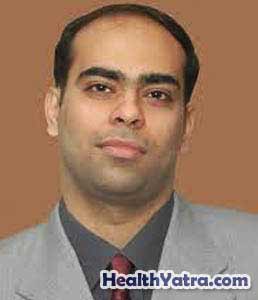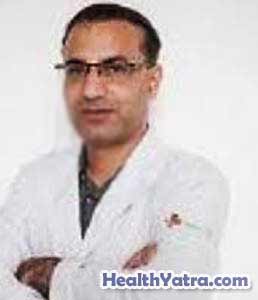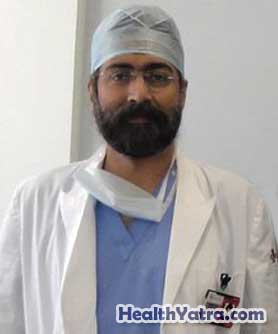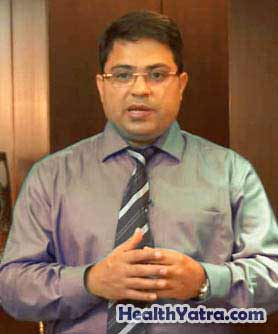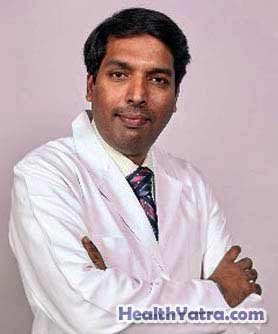Liver Transplant in India – Assessment for liver transplantation
Liver transplantation is a major surgical undertaking. A patient should be considered for transplantation only if the procedure improves his/her chance of survival or quality of life. At the same time, the patient should be well enough to survive the operation. All patients undergo a formal assessment before a decision is made regarding liver transplantation. The aim of liver transplantation assessment is two fold.
- To confirm that the patient needs a transplant.
- To confirm that the patient is fit enough to survive the operation
The assessment process involves a detailed evaluation of the severity of liver disease, evaluation of the function of other organ systems such as the heart, lungs, kidneys. The patient will be seen by consultants of all specialties to identify any problems that can increase the risk of surgery and treat the problems so that he/she is in an optimal condition to undergo the operation. The entire clinical information and reports are discussed in the pre-transplant assessment meeting before the patient is listed for liver transplantation.
Deceased Donor vs Living Donor Liver Transplantation
Liver transplantation can be undertaken in two ways depending on the origin of the new liver. When a person donates the liver after his/her death it is called deceased donor liver transplantation. If on the other hand, a close family member donates a part of their liver then it is called living donor liver transplantation.
Deceased donor liver transplantation
Deceased donor liver transplantation (also known as cadaveric liver transplantation) involves transplanting a healthy liver from an individual who has died in the ICU because of irreversible brain injury. The cause of death is usually head injury sustained in a road traffic accident or a fall from height. Brain stroke can also lead to irreversible brain damage. These patients can also donate their organs. The treating team will do a series of internationally standardized tests to confirm that the brain damage is irreversible and there is no chance of the patient recovering. Then the family of the patient is approached and counseled regarding organ donation. If the family is agreeable, then our surgical team will carefully remove the organs in the operation theatre and place them in a special cold preservative solution while they are transported back to Global Hospital by road or air.
Wait-listing for deceased donor liver transplantation
For patients with serious liver disease who do not have a suitable family donor, waiting for a suitable cadaveric liver is the only option. Once the patient is considered suitable for transplantation, he/she is registered on the official state-wise waiting list. Offer of a donor liver is based on the blood group and the time for which the patient is on the waiting list. Considerations such as relative size of the patient and the donor, quality of the donor liver and condition of the patient are also taken into consideration when deciding on the best match.
Life on the waiting list
Being on the waiting list can be difficult and frustrating period. The key is to maintain the patient’s health in the best possible condition so that when ultimately a liver becomes available, transplantation can proceed. The patient should continue on the prescribed liver medications and be under regular follow up with the treating liver physician, so that any problems or complications can be treated early.
Your health while on the waiting list
In some patients, the transplant team may do regular investigations of the heart and lungs to identify any new problems that can impact the safety of liver transplantation. Patients may have intermittent infections and deterioration of liver function on the waiting list needing hospital or even intensive care admissions. The aim of treatment is always to treat the complication and stabilize his/her condition so that transplant can proceed when the organ becomes available. If the patient gets admitted in a local hospital for any medical problem, this should be informed to our transplant team. This will help us in communicating with your local doctor regarding the best treatment for the illness.
What happens when you get the call?
When a suitable donor liver becomes available, the surgical team will check to see if the liver is compatible for the patient. If so, the patient will be contacted immediately and advised to come to the hospital immediately. The call may come at any time during the day or night and the patient usually has about 6 hours to come to the hospital. Hence it is advisable for them to look at their transport options beforehand (contact numbers of taxis, flight timings etc). We advise patients from outside the city to stay in Chennai when they reach the top of the waiting list to avoid losing an opportunity due to travel related issues. The patient should always be contactable while on the waiting list. It is important that the transplant team is informed if the patient changes their contact telephone, email ID or address.
How long does it take to get a donor liver?
Donor livers are allocated based on the time spent on the waiting list. The average waiting time is around 6 – 12 months. The waiting time is variable and depends on multiple factors including the patient’s blood group. For example, patients with blood group AB may have to wait less than those with blood group O. The problem with the transplant waiting list is that unfortunately, not every one will get a liver transplant. Some of the patients will deteriorate while waiting for a new liver and will become too sick to have a transplant. In Western countries, the risk of patients dying before they get a suitable liver is around 10%. In India, because cadaveric donors are much less in number, the risk of dying on the waiting list can be as high as 50%. This again underlines the importance of looking after your health carefully during the waiting period. We advise our patients to continue to explore the possibility of a family donor during this period, as that will ensure a timely transplant.
Living Donor Liver Transplantation
This is the most common form of liver transplantation in India and the Eastern world. A close relative who is fit and healthy and is voluntarily willing to donate can donate a part of his/her liver for the patient. The transplanted liver works immediately and then grows to the necessary size in the patient over a few months. The donor liver regrows much more rapidly and would have reached the normal size in 4-6 weeks.The main advantage of living donor liver transplantation, is that it avoids prolonged and uncertain wait for a cadaveric liver graft. This means that the patient can be transplanted at the earliest time before he/she becomes too sick. Also the date of the operation can be planned when it is convenient for the patient, donor and the operating team. Recovery of patients can be quicker as the patient is better prepared. The quality of the liver graft is also better than a cadaveric liver graft which is recovered from a dying patient.

The living liver donor
Who is a suitable living liver donor?
Any healthy person can be considered as a living liver donor. We will usually consider adults over 18 years but less than 50 years for assessment, when fit and healthy, Even the over-50s have successfully donated to save their loved ones. The potential donor should be blood group compatible. We only consider close family relatives as potential donors. Documentation as prescribed by governmental authorities to prove the existence of a blood relation is necessary to proceed with donation.
How is liver donor assessed?
The potential donor undergoes a battery of tests, scans and specialist consultations to assess the fitness. The entire donor process may take 3-4 days, though occasionally it can be longer. If during any of these tests a problem in the donor is identified which can increase the risk of surgery then further testing will not be continued and the donor will be informed (in private if requested by the donor) about it. On an average, 50% of all tested donors can proceed with liver donation. The aim of these tests is to
- Confirm that the donor and patient are blood group compatible.
- Confirm that the donor has a healthy liver and excellent liver function.
- Assess the size of the liver and make sure that when divided into two parts during the donor operation, the removed liver will be sufficient for the patient to recover while the donor will be left with enough amount of liver to help make a quick recovery from the operation.
- To assess the overall health of the donor in terms of his heart function, lungs, kidneys. Various specialists including an independent assessor (a physician outside the transplant team) and a senior anesthetic consultant will also see the donor. This is important as donors with health problems such as diabetes, heart disease or lung problems will not be considered suitable for donation.
- The donor will also have private discussions with the transplant team members and the psychologist to evaluate whether the donor want to undergo the donor operation voluntarily.
What are the risks of living liver donation?
Surgery for liver donation is a technically complex procedure and only units with good experience should carry out these procedures. The extensive workup done for the donor is mainly to identify any risk factors in the donor which may affect the outcome.
Risks of the procedure are low though not zero. The risk of serious donor complications causing death is rare and the internationally quoted risk is 1 in 300. Other complications such as bleeding, infection, bile leaks or clots in the leg veins occur in about 10% of donors and most can be treated effectively with medications or minor procedures. Less than 2 in 100 donors will need a second operation to treat a complication.
What documents are necessary for LDLT (Living Donor Liver Transplantation)
Finalizing the date for surgery?
It is natural that patients and donors would like to have the operation done with at the earliest possible date. However, the surgery can only be scheduled once the assessment is complete, the governmental approval process is complete and the plan has been formally discussed in the team meeting. In addition, in patients who are very sick, it may be appropriate to delay the operation until he/she is optimized to the best possible extent. This will improve the chance of an excellent outcome after transplantation.
What happens in donor surgery?
The donor operation usually takes 6-8 hours. It is carried out under general anesthesia. The liver is divided into two according to the pre-decided plan while taking care to preserve its blood vessels. At the end of the surgery, the removed part of liver is flushed with preservation fluid and stored in ice. The wound is carefully closed after leaving a plastic tube in the abdomen, which will stay for about 4-5 days but occasionally longer.
What happens after donor surgery?
Are there any long-term side effects of liver donation?
The Liver transplant operation
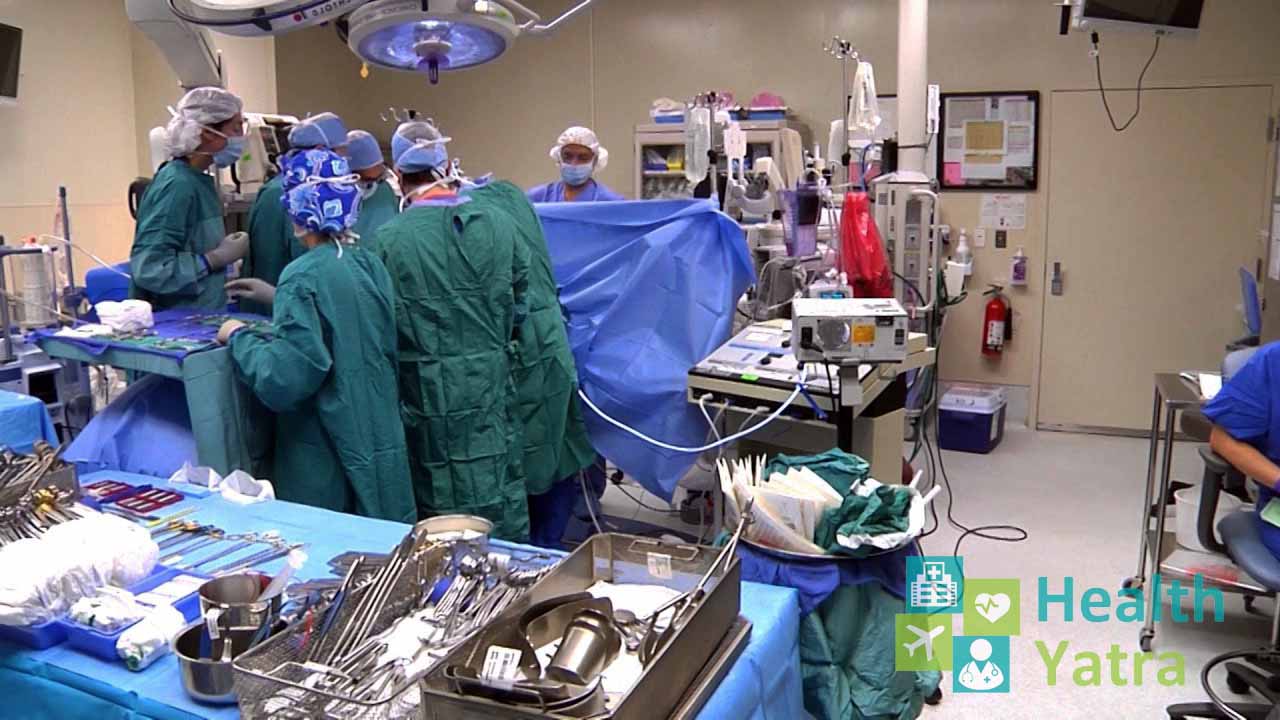
Liver Transplant in India: Benefits with HealthYatra Medical Service and Top Affordable Packages
Liver transplant is a complex surgical procedure that involves replacing a diseased liver with a healthy liver from a donor. It is a life-saving procedure for patients suffering from end-stage liver disease or acute liver failure. In India, liver transplant surgery is gaining popularity due to the availability of skilled doctors, advanced medical technology, and affordable treatment options. Moreover, HealthYatra Medical Service, a leading healthcare facilitator, has made it easy for patients to access the best liver transplant in India.
Benefits of Liver Transplant in India:
- Affordable Treatment: The cost of liver transplant surgery in India is comparatively lower than many other countries. The cost of the procedure is a significant factor for patients who cannot afford expensive treatments.
- Experienced Surgeons: India has some of the best liver transplant surgeons who have performed thousands of successful surgeries. Many Indian doctors have also received training and worked in prestigious medical institutions abroad, making them more competent and experienced.
- Access to Advanced Medical Technology: India has some of the best medical facilities in the world. Hospitals in India have state-of-the-art infrastructure and advanced medical technology to perform liver transplant surgeries with precision and accuracy.
- Shorter Waiting Time: In some countries, patients have to wait for years to get a liver transplant. However, in India, patients can get a transplant in a relatively shorter time frame due to the availability of donors and streamlined medical procedures.
Top Affordable Liver Transplant Packages in India:
HealthYatra Medical Service is a renowned healthcare facilitator that helps patients access affordable liver transplant packages in India. They have tied up with some of the best hospitals in India to provide patients with the best medical facilities and experienced doctors. Here are some of the top affordable liver transplant packages offered by HealthYatra Medical Service:
- Fortis Hospital: Fortis Hospital in Mumbai offers one of the best liver transplant packages in India. The package includes pre-transplant tests, surgery, post-operative care, and a 30-day stay in the hospital. The cost of the package starts from INR 20 lakhs.
- Max Hospital: Max Hospital in Delhi is another leading hospital that provides affordable liver transplant packages in India. The package includes pre-transplant tests, surgery, post-operative care, and a 30-day stay in the hospital. The cost of the package starts from INR 18 lakhs.
- Apollo Hospital: Apollo Hospital in Chennai is a well-known hospital that provides comprehensive liver transplant packages at an affordable cost. The package includes pre-transplant tests, surgery, post-operative care, and a 30-day stay in the hospital. The cost of the package starts from INR 20 lakhs.
Conclusion:
Liver transplant surgery is a life-saving procedure for patients suffering from end-stage liver disease or acute liver failure. India has emerged as one of the preferred destinations for liver transplant surgeries due to its affordable treatment options, experienced doctors, access to advanced medical technology, and shorter waiting time. HealthYatra Medical Service has made it easy for patients to access affordable liver transplant packages in India. If you or a loved one requires a liver transplant, consider India as a viable option, and HealthYatra Medical Service to facilitate the process.
- Fortis Escorts, Okhla, Successfully Performs Auto Liver Transplant in India: A Landmark Achievement in Medical ScienceAuto Liver Transplant in India: At Fortis Escorts, Okhla, a momentous achievement has been realized as doctors successfully conducted an auto liver transplant on a 35-year-old woman hailing from Kyrgyzstan. The patient, Altynai Tentimishova, underwent initial examinations in Kyrgyzstan, where a diagnosis of Echinococcosis Multilocularis, a rare parasitic infection associated with a gradual liver tumor and subsequent organ damage, was made. Officials revealed that there …
Liver Transplant Doctors in India 2024
Reference : Liver transplant | The Liver Transplant Process – NIDDK
[contact-form-7 id=”536″ title=”Contact form 1″]
KEYWORDS : Top 10 liver transplant hospitals in india, liver transplant india cost, list of top Liver transplant surgeons in India 2024, list of top Liver transplant hospitals in India 2024,legal procedure for liver transplant in india, free liver transplant in india, liver transplant cost in india 2024, liver transplant in india success rate, best hospital for liver transplant in india, liver transplant in india news, Liver transplant hospitals in india, best government hospital for liver transplant in india, low cost liver transplant hospital in india, top liver transplant hospitals in india, best liver transplant hospital in south india, best liver transplant hospital in hyderabad, best liver transplant hospital in world, best liver transplant hospital in mumbai, liver transplant in delhi cost, top 10 liver transplant hospitals in india, liver transplant in government hospital delhi, free liver transplant in delhi, best liver transplant hospital in delhi, best liver transplant surgeon in delhi, liver transplant india cost, liver hospital in delhi, liver transplant in mumbai cost, best liver transplant hospital in mumbai, free liver transplant in mumbai, liver transplant in kem hospital mumbai, best liver transplant hospital in india, liver transplant government hospital in mumbai, liver donors in mumbai just now, global hospital liver transplant cost, partial liver transplant for cirrhosis, problems after liver transplant, longest liver transplant survivor, liver transplant survival rate by age, liver transplant success rate, home care after liver transplant, life after liver transplant

